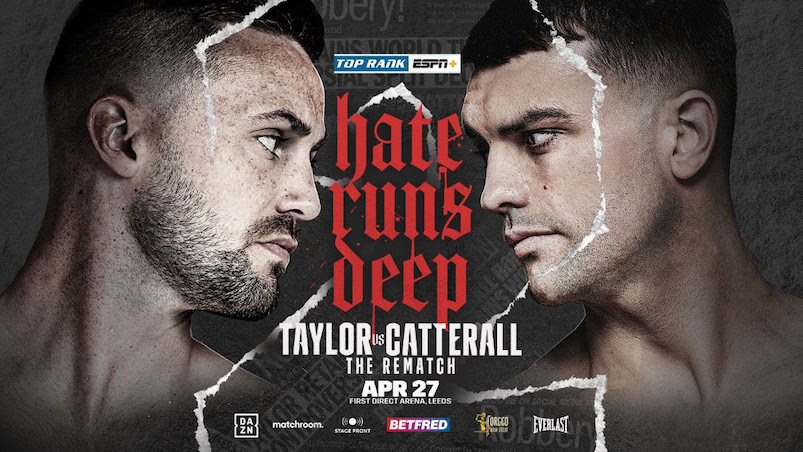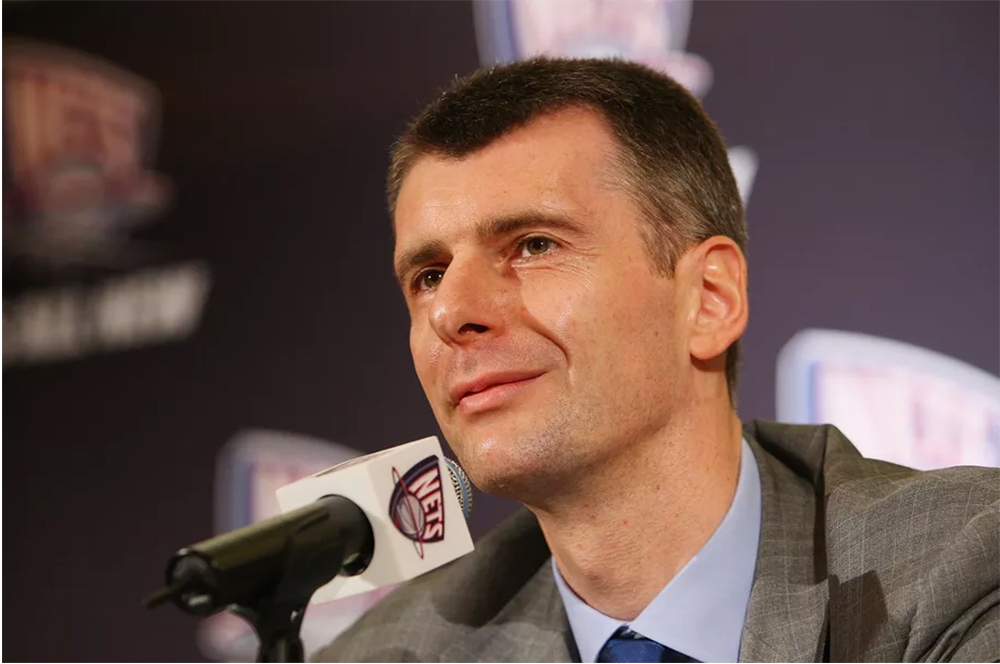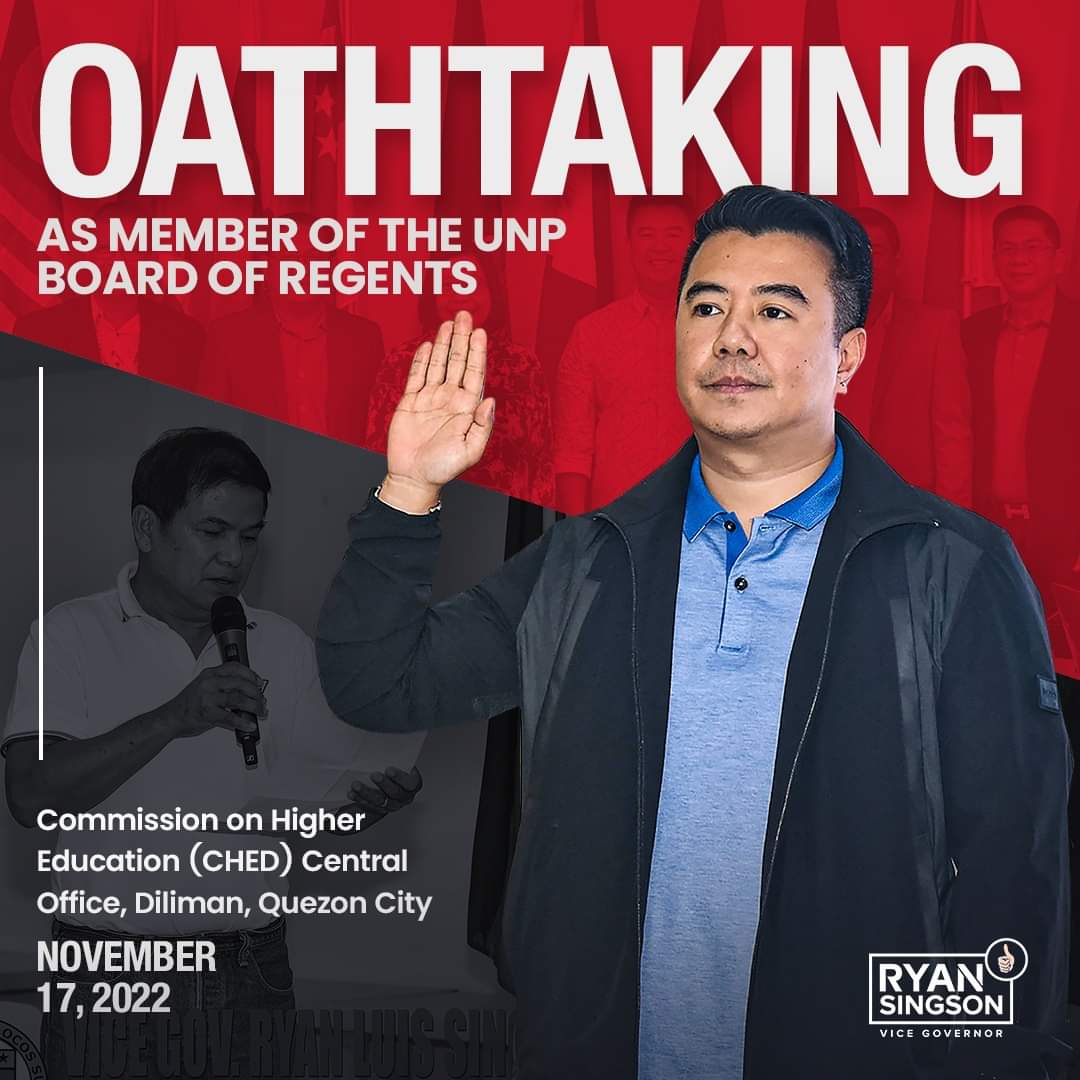The Nets doomed themselves to several hopeless years with foolish trades. That’s bad for business — and the NBA should try to prevent a repeat.
The Brooklyn Nets had a productive offseason, adding D’Angelo Russell, Allen Crabbe, DeMarre Carroll, and Jarrett Allen.
But let’s be honest: We’re grading on a curve here. The Nets also lost Brook Lopez, who is better now than anyone else mentioned. It’s not clear Brooklyn will win more than the 20 games the Nets won in 2016-17. The Nets are still in deep trouble.
Consider it from this angle: Brooklyn swung its deal for Russell because the second-worst team in the league — the Lakers — felt he was one of their least essential prospects. The best scrap the Nets picked up this summer was from a team nearly as awful as the Nets themselves! This bodes poorly for immediate improvement.
What’s worse is that tanking still does nothing for the Nets this season: Brooklyn owes Boston its 2018 first-round pick outright due to the Kevin Garnett-Paul Pierce trade. That same trade cost the Nets the No. 3 pick in 2016 and the No. 1 pick in 2017. That pick could send Luka Doncic or Michael Porter to the Celtics in 2018.
So yes, the Nets found a way to improve this summer. But without a lottery pick in 2018, Brooklyn is still two years away from being two years away.
The new front office is doing everything right, but there’s only so much you can do to get out of a hole when the folks who threw you in took away your ropes and tools.
It is my position that it’s in the NBA’s interest to not help the Nets out of the hole but to prevent the next Nets from jumping in feet first. This may be controversial. It shouldn’t be.
While the Nets are useful as a cautionary tale, it is not in the NBA’s interest to have 1/30th of its business moribund for several years, especially when that franchise has recently moved to a prime market. The Nets being so structurally weak is just as damaging to league-wide competitive balance as are the Warriors. The NBA is committed to improving competitive balance. You can’t let teams fall into holes like this if you ever want to achieve it.
As such, here are three rule changes that could help prevent the next Brooklyn Nets from burying themselves.
1. Ban the pick swap option
The good ol’ pick swap option is what kept the Nets from selecting Markelle Fultz in June. Under a pick swap option, the receiving team gets the better of the two involved team’s picks. So because of the Celtics’ pick swap option with the Nets in 2017, Boston got No. 1 and Brooklyn got No. 27.
Zach Lowe recently reported that the NBA is considering a rule barring teams from trading a pick swap option for a season in which they had already traded their first-round picks in adjacent seasons. This would essentially be a Stepien Rule fix. Under the Stepien Rule, you can’t trade away your first-round picks in subsequent years unless you have another first-round pick committed to you in one of those years. (This rule came in the early 1980s when the Cavaliers, owned by Stepien, ruined themselves by trading a bunch of picks.)
The pick swap option became a loophole in the Stepien Rule — it allowed the Nets to trade three straight firsts to Boston, essentially. The proposed new rule would prevent that by restricting use of pick swap options somewhat.
I’d prefer killing it entirely.
It’s a bet among general managers. It’s a loophole around rules preventing teams from shooting themselves in the foot. It gets further afield from the purpose of trades in the NBA because of its abstraction. The mechanics of them and the stories of confidence they well are endless fascinating, but they are, in the end, more trouble than they are worth.
Consider how absurd the NBA Draft Lottery was in 2017. Few of the worst teams had full rights on their own picks by the end of the season. Both the Nos. 1 and 3 picks transferred due to pick swap options. It’s just a derivative mess!
Pick swap options have always been allowed, but they’ve grown exponentially in use in recent years. That has not been a net good for the competitive balance of the league. Kill them. Teams will still find ways to make blockbuster trades.
2. Reform lottery rules
High future draft picks continue to have an outsized value compared to actual NBA players. Part of this is the nature of the beast: Stars have disproportionate impacts on team performance, and the league’s interest in boosting the fortunes of mid-sized and small markets has led to strong incumbency rules for re-signing players.
But the high probability of landing a top-three pick if you are among the worst teams - - or own a pick from among the worst teams — plays into the high value of high future draft picks, too. And the NBA could fix that without damaging its quest for better competitive balance.
Lottery reform has been put on the back burner since Sam Hinkie died for his sins. (Note: He didn’t actually die.) It’s time to bring it back.
Most reform ideas — other than radical but fascinating schemes like The Wheel — would decrease the odds of getting a top pick for the worst teams, increase those odds for other non-playoff teams, and remove or move the cliffs that guarantee the worst teams pick no lower than a certain spot. (For instance, currently the worst team in the league can get no worse than the No. 4 pick. Most lottery reforms plans get rid of that conceit or move it down to No. 7 or so by determining more slots via lottery.)
While reforming the lottery can’t help a team without lottery picks like the Nets, it does de-emphasize the draft by making it more random — more of a true lottery. Lowering the importance of the draft increases the importance of salary cap space, something the Nets have and teams can get by clearing their books, even if they’ve traded away draft picks.
But there’s a scenario in which lottery reform wouldn’t matter in the least. That’d be the case if you took my third suggestion.
3. Kill the draft
I explained my plan to end the NBA draft and move to a rookie free-agency system earlier this year. I also explained why it would be good for competitive balance by removing artificial restraints on rookie deal salaries and making veterans more valuable.
There are a million reasons it will never happen. But it sure would prevent teams like the Nets from being this moribund for this long. Consider that.





